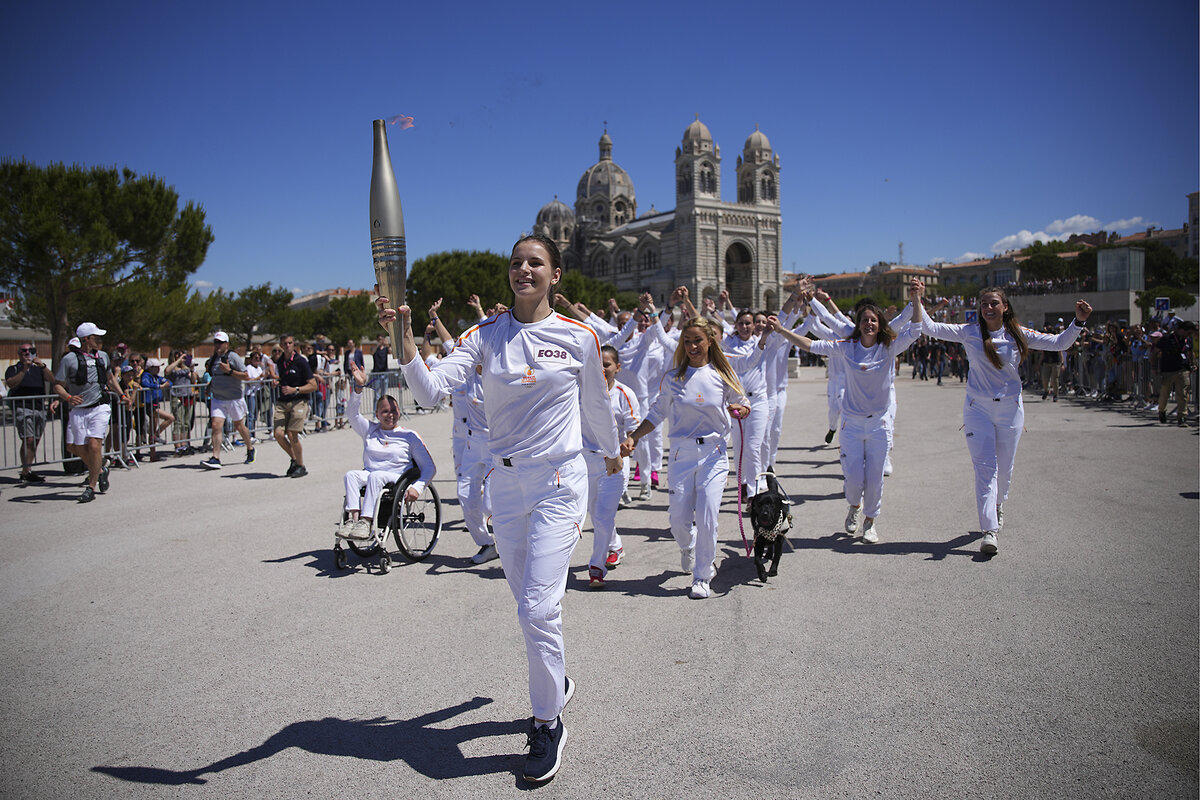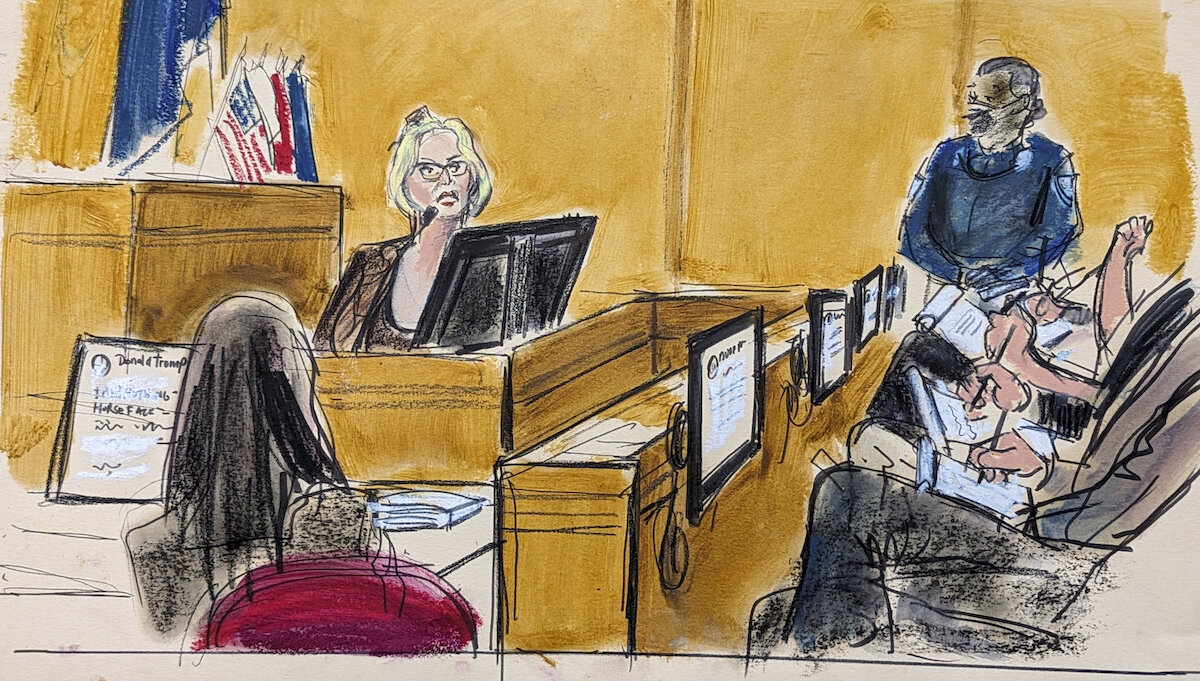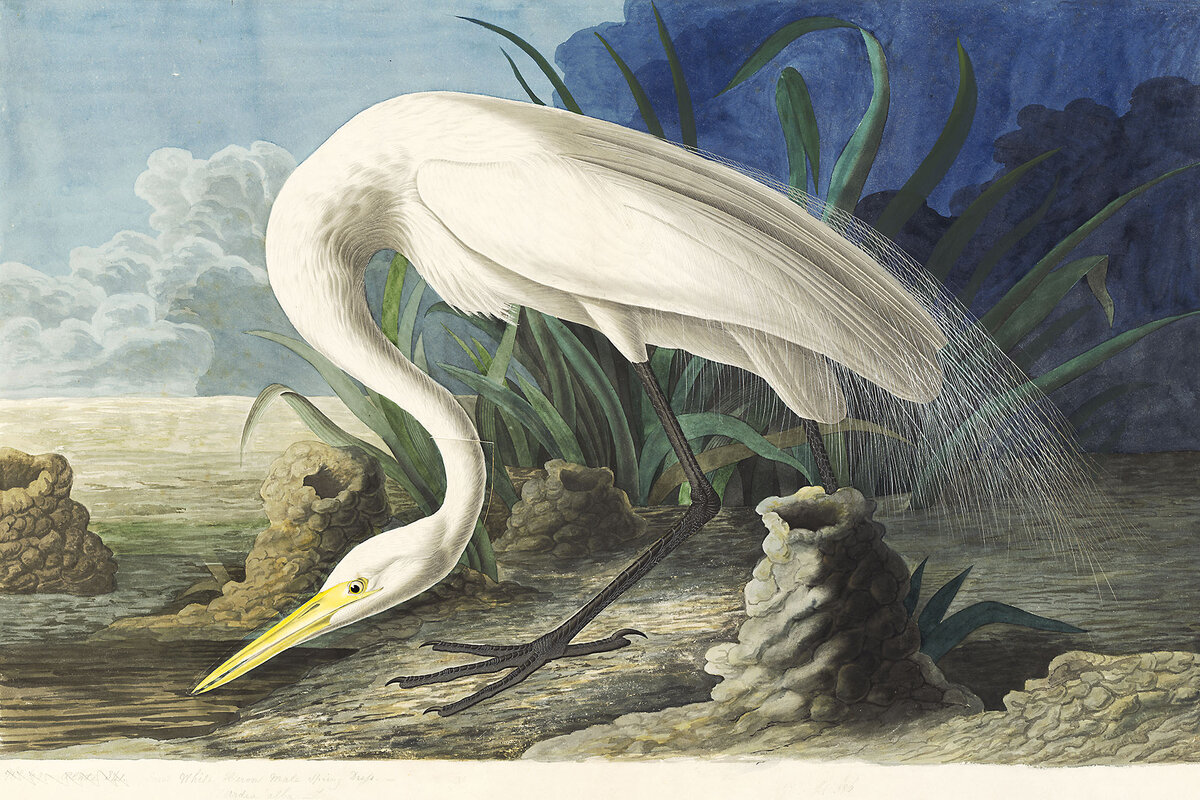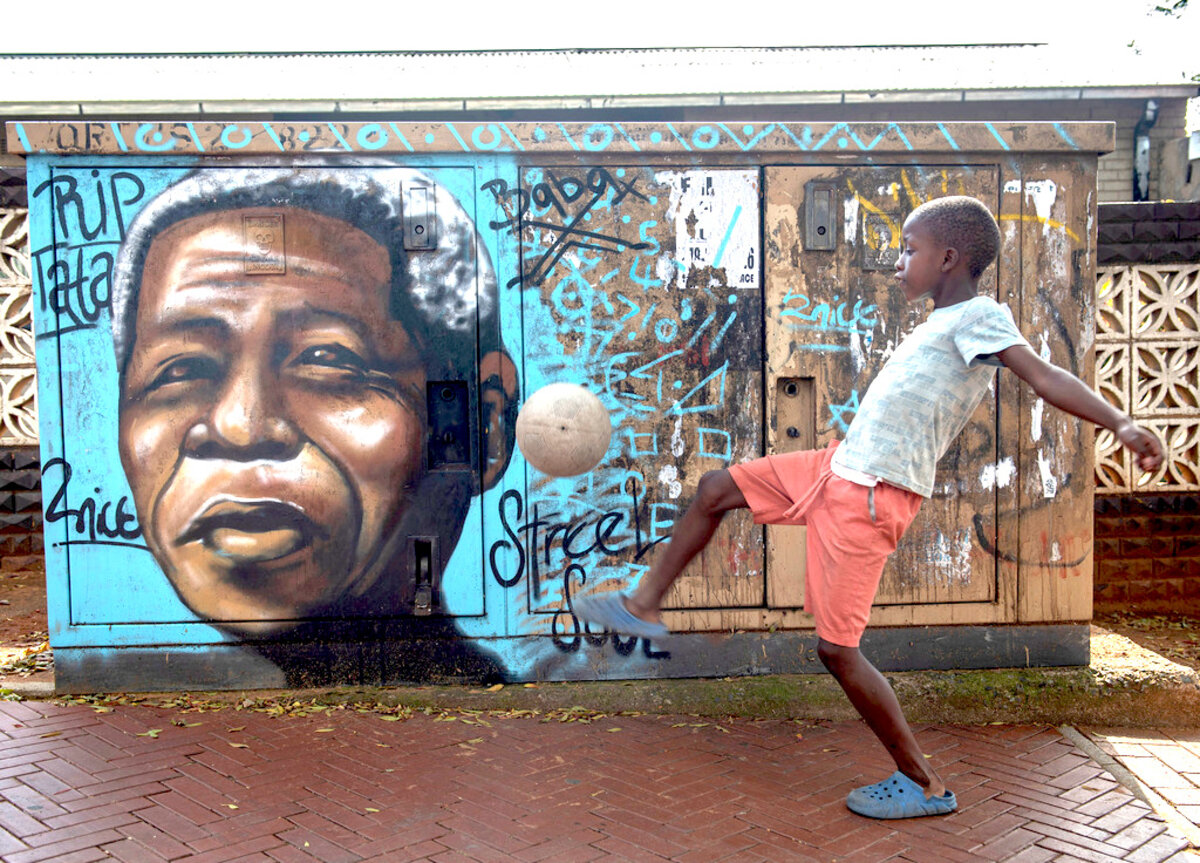Israel is facing historic challenges over its instinct to act alone in war. One comes from a rift with its U.S. ally over Gaza. Another comes from the demonstrated benefits of regional cooperation and integration.

Why is Christian Science in our name?
Our name is about honesty. The Monitor is owned by The Christian Science Church, and we’ve always been transparent about that.
The Church publishes the Monitor because it sees good journalism as vital to progress in the world. Since 1908, we’ve aimed “to injure no man, but to bless all mankind,” as our founder, Mary Baker Eddy, put it.
Here, you’ll find award-winning journalism not driven by commercial influences – a news organization that takes seriously its mission to uplift the world by seeking solutions and finding reasons for credible hope.
Explore values journalism About usMonitor Daily Podcast
- Follow us:
- Apple Podcasts
- Spotify
- RSS Feed
- Download
Political leadership means also knowing how to follow. At least how to listen.
Some of that is about staying in power. It’s also how the actual aspirations of a people – sometimes more overlapping than not – help shape a nation.
Today, Howard LaFranchi leads our Daily with a look at the hands on the dials of political calibration in Israel. The Netanyahu government now wrestles with what comes next in Gaza. Its actions there have yielded increased international isolation and rising domestic dissent. Can it reverse some of that?
As many diplomats would note, it might start with close and careful listening.
Already a subscriber? Log in
Help fund Monitor journalism for $11/ month
Monitor journalism changes lives because we open that too-small box that most people think they live in. We believe news can and should expand a sense of identity and possibility beyond narrow conventional expectations.
Our work isn't possible without your support.
Today’s stories
And why we wrote them
( 6 min. read )
Today’s news briefs
• Russia hits Ukraine’s grid: Missiles and drones strike nearly a dozen energy infrastructure facilities, causing serious damage at three Soviet-era thermal power plants and blackouts in multiple regions, officials say. Ukraine says it shot down 39 of 55 missiles and 20 of 21 attack drones.
• Gaza protests spread to Europe: Britain’s prime minister calls for an end to “antisemitic abuse” at universities in the United Kingdom. German police break up a protest by pro-Palestinian activists at Berlin’s Free University. Students have held protests in Finland, Denmark, Italy, Spain, France, and the Netherlands.
• Aid heads to Gaza pier: Cyprus’ foreign minister says a shipment of humanitarian aid has left a port in Cyprus and is on its way to the U.S-built pier in Gaza, the first delivery to the newly built ramp.
• Speaker survives ouster bid: Republican Rep. Marjorie Taylor Greene fails to oust House Speaker Mike Johnson. Her long-shot effort was resoundingly rejected by Democrats and Republicans.
• Rule change in Haiti? Instead of a single president, four veteran politicians will take turns leading a transitional council, say two members who were not authorized to describe the as-yet unannounced changes.
( 6 min. read )
For all the drama of her testimony at Donald Trump’s hush money trial, Stormy Daniels is something of a preliminary witness. The most legally important moment may be yet to come.
Patterns
( 4 min. read )
Facing trade battles with Washington, Chinese leader Xi Jinping had hoped for a friendlier relationship with Europe. China’s subsidies for electric vehicle exports and its support for Russia’s Ukraine war have dashed those aspirations.
( 5 min. read )
Rape is being used as a weapon in the civil war in Sudan, where blaming the victim is often a cultural norm. But some women are breaking the taboo by refusing to remain silent, and instead sharing their own trauma to help others heal.
Book review
( 4 min. read )
Looking beyond an artist’s brushstrokes can shed fresh light on his inspiration. A new book digs deep into John James Audubon’s fascination with classical European art, which influenced his celebrated bird paintings.
The Monitor's View
( 2 min. read )
Thirty years after South Africa ended its violent system of racial segregation called apartheid through peaceful elections, it may be poised for another watershed moment: a transition from one-party rule to pluralism and power-sharing.
For the first time in three decades, the ruling African National Congress (ANC) may lose its majority in elections later this month. Voters are deeply frustrated by persistently high levels of corruption, crime, inequality, and unemployment. Just 16% of South Africans ages 18 to 24 express optimism about the future, according to a survey released this week by the Ichikowitz Family Foundation.
Discontentment, however, has not led to disengagement. Just the opposite. According to the Electoral Commission of South Africa, the May 29 election will include 31 new political parties. More than half of the nearly 15,000 candidates for local and national office are under the age of 50. Four in 10 are female. Fifteen candidates have only just reached the minimum voter age of 18.
That civic enthusiasm underscores how democracy is maturing, not just in South Africa but across the continent. Entrenched parties like the ANC tend to look backward, basing their claim to power on how they helped their societies break free of colonialism. But 60% of the continent’s population is under the age of 25. Younger Africans are forward-looking, innovative, and impatient.
“A young nation like ours is no place to advocate for quiet, sterile democracy,” wrote a South African data scientist Wednesday in American Purpose, using a pseudonym. “Now the Rainbow Nation is growing up to become ... loud, rambunctious, and argumentative” – driving a shift in importance from political parties to “the individual uniters rising up within each party.”
One candidate for the governor of KwaZulu-Natal province, Chris Pappas of the Democratic Alliance, sees younger people looking to the future. “My generation, we acknowledge the legacy of apartheid, its challenges and inequality, but we also can’t live there permanently,” he told the Sunday Times.
Jaco Kruger, academic dean of St. Augustine College of South Africa, sees as a change in the way Africans are defining their concepts of nationhood – from material factors like ethnicity to “an intangible reality that exists in the minds and the hearts of a large and diverse body of people.”
“Nationhood remains an open question and a task for citizens’ imagination,” he wrote Thursday in the Mail and Guardian newspaper. Through storytelling, dialogue, and listening, leaders and citizens learn to “see possibilities for connecting the dots in a different way so that a better story may be told and better conditions for living together may open up.”
Casting their gaze forward, South Africans are shaping a future – for themselves and their continent – unfettered by a limiting past.
A Christian Science Perspective
Each weekday, the Monitor includes one clearly labeled religious article offering spiritual insight on contemporary issues, including the news. The publication – in its various forms – is produced for anyone who cares about the progress of the human endeavor around the world and seeks news reported with compassion, intelligence, and an essentially constructive lens. For many, that caring has religious roots. For many, it does not. The Monitor has always embraced both audiences. The Monitor is owned by a church – The First Church of Christ, Scientist, in Boston – whose founder was concerned with both the state of the world and the quality of available news.
( 4 min. read )
We really are the children of God, cared for and loved, and we experience this more tangibly as we lean on the Divine as the stable, reliable source of goodness.
Viewfinder

A look ahead
Thanks for reading the Daily today. Tomorrow, Asia Editor Lindsey McGinnis guest hosts an episode of our “Why We Wrote This” podcast. She’s joined by correspondent Fahad Shah for a conversation about the logistics of covering India’s ongoing elections – and doing so through the lens of trust.









